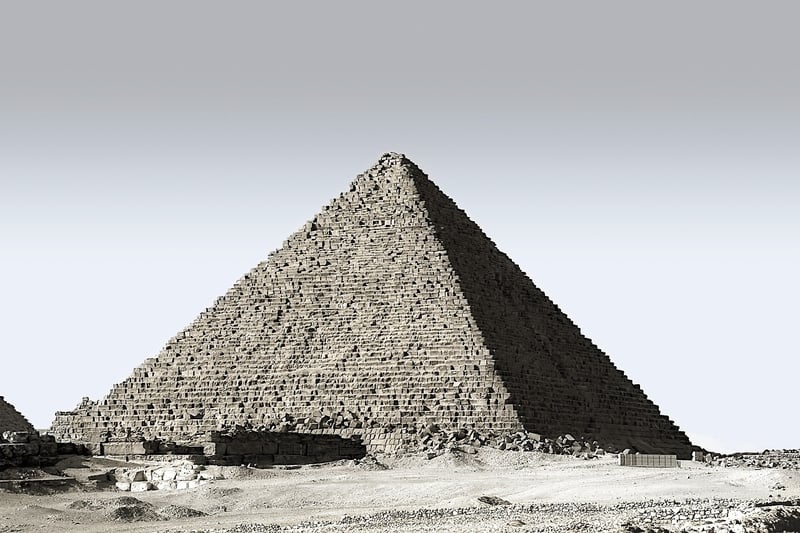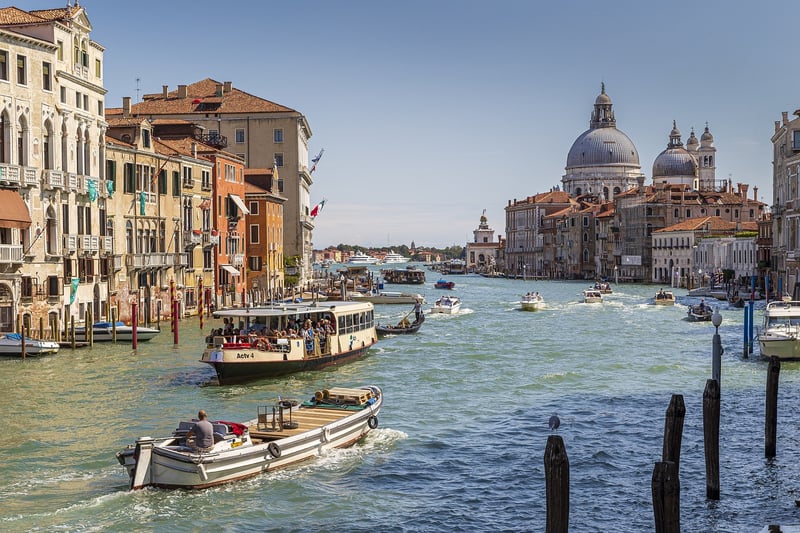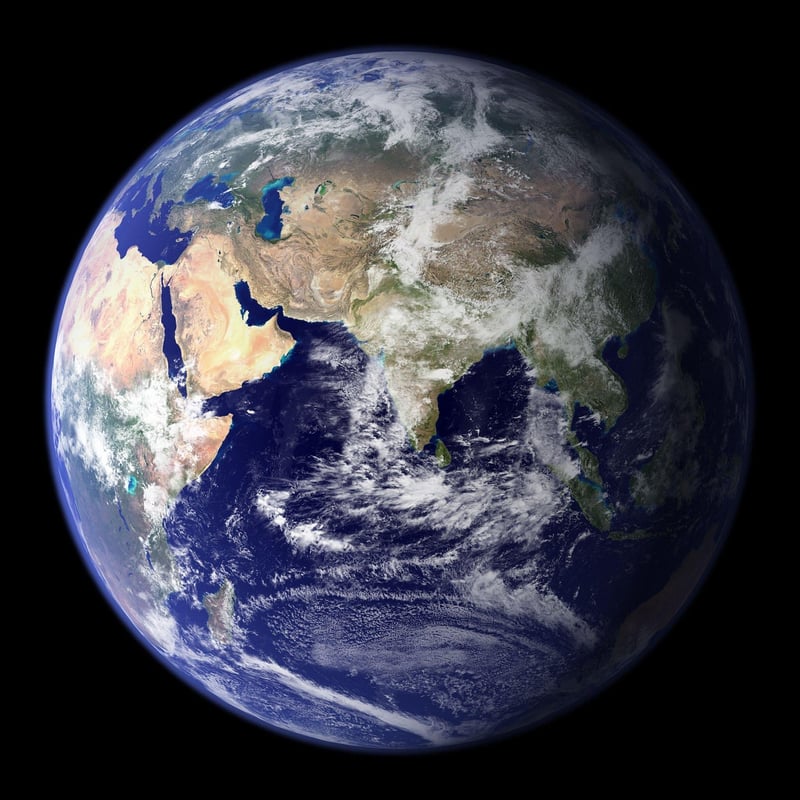Future Exploration
Exploring Different Eras + Future Exploration
Introduction
Humanity's curiosity has driven exploration throughout history, leading to discoveries that have shaped our world. From ancient civilizations to the modern era, each period has witnessed remarkable feats of exploration. Let's delve into different eras and how they have influenced the way we perceive the world around us.
Ancient Era
The ancient era marked the beginning of human exploration, with civilizations like the Egyptians, Greeks, and Romans embarking on journeys to discover new lands and expand their empires. These early explorers navigated the seas using rudimentary maps and star charts, paving the way for future generations.

Age of Discovery
The Age of Discovery, starting in the 15th century, saw European explorers like Christopher Columbus, Vasco da Gama, and Ferdinand Magellan setting sail to find new trade routes and lands. Their voyages reshaped global trade and led to the exchange of cultures and ideas between continents.

Space Exploration
In the 20th century, humanity ventured beyond Earth's boundaries with the dawn of space exploration. Milestones like the moon landing in 1969 by NASA's Apollo 11 mission and the launch of space probes to explore our solar system have expanded our understanding of the universe.

Future Exploration
Looking ahead, the future of exploration holds exciting possibilities. Advancements in technology, such as space tourism, Mars colonization, and deep-sea exploration, promise to push the boundaries of human knowledge even further. Who knows what wonders the next era of exploration will reveal?
Conclusion
Exploration has been a constant theme throughout human history, driving us to push the limits of what is possible. By learning from the past and embracing future opportunities, we can continue to expand our horizons and uncover the mysteries of the universe.
